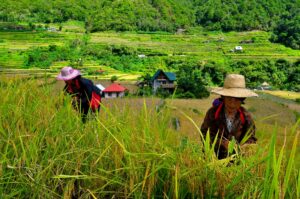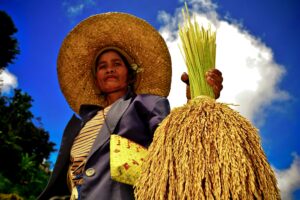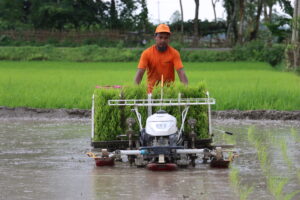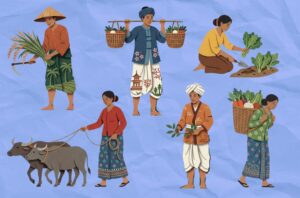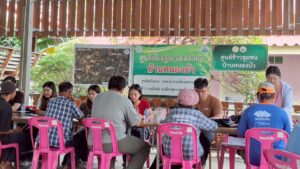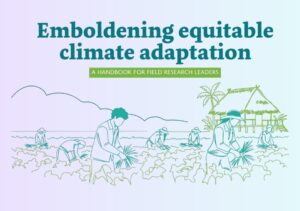
A simmering controversy boiled over a couple years ago when newspaper articles accused American plant breeders of seeking to undercut Thailand’s valuable export trade in aromatic jasmine rice. Fueling the debate were inaccurate reports, misconceptions regarding international agreements governing the exchange of rice seeds, and excessive fears over the implications for Thai rice farmers and traders. My purpose here is to set the record straight.
Scientists began collecting jasmine rice seeds in Thailand and transferring them to IRRI in 1960, the year of the institute’s foundation. The process, repeated on many occasions, always complied with international agreements, guidelines and codes of conduct pertaining at the time.
Transfers took place in cooperation with the relevant Thai authorities, who agreed to the material being distributed to researchers and scientists overseas.
Jasmine rice consequently became widely used in rice research and breeding. The Genetic Resources Center (GRC) at IRRI holds nine samples and derivatives of a form of jasmine rice known as Khao Dawk Mali collected between 1970 and 1982 (samples collected before 1970 did not survive). All nine are held under the auspices of the Food and Agriculture Organization of the United Nations in trust for the benefit of the international community. This FAO designation means that the GRC is obliged to provide seeds to any party that agrees to the legally binding terms set by the Commission on Genetic Resources for Food and Agriculture.The CGRFA, whose membership of 166 countries includes both Thailand and the USA, is the leader in forging intergovernmental agreements on the exchange of germplasm (seeds and other genetic material). It also ensures compliance with these agreements and handles disputes, including alleged infringements.
Since 1994, following the commission’s revision of germplasm exchange requirements to comply with the Convention on Biological Diversity (CBD), the GRC has protected all of its jasmine rice seed transfers with the standard CGRFA material transfer agreement (MTA). The MTA bars the recipient from taking out patents or any other form of intellectual property protection on jasmine rice obtained from the GRC, or on any related information.
The GRC has distributed Khao Dawk Mali in this way on 53 occasions to 50 distinct third parties in 18 countries. Thai offi cials were fully aware that such exchanges were taking place. Between 1985 (when seed distribution records were computerized) and the implementation of the CBD, the GRC sent Khao Dawk Mali seed 103 times to 70 distinct third parties in 22 countries, including eight transfers to scientists in the USA. In accordance with the approved practice at that time, the GRC distributed the seeds freely without an MTA.
In 1995, an IRRI scientist working outside the GRC, unaware that recent changes in germplasm exchange protocols applied to seeds in his research collection, sent jasmine rice seeds to colleagues in the USA without the required MTA. This was regrettable but fully rectified when the recipients retroactively agreed to the terms of the CGRFA MTA. To prevent recurrence, IRRI implemented a training program to bring IRRI scientists up to speed on the CBD. It also instituted regulations that make a single laboratory operated by germplasm-exchange specialists the single gateway for all seed transfers to or from IRRI.
How does this affect Thai rice farmers and traders? Not much. Climate, soil and other factors combine to create a unique environment in northeast Thailand for cultivating this exceptional rice. Most plant breeders agree that, even if scientists in America or elsewhere succeed in developing their own jasmine rice varieties, they still won’t be able to replicate Thai growing conditions. Therefore, they have little chance of producing jasmine rice to match the aromatic harvest of northeast Thailand, the delight of millions of people around the world.
_________________________________________
N.R. Sackville Hamilton is the head of the Genetic Resources Center at IRRI.

